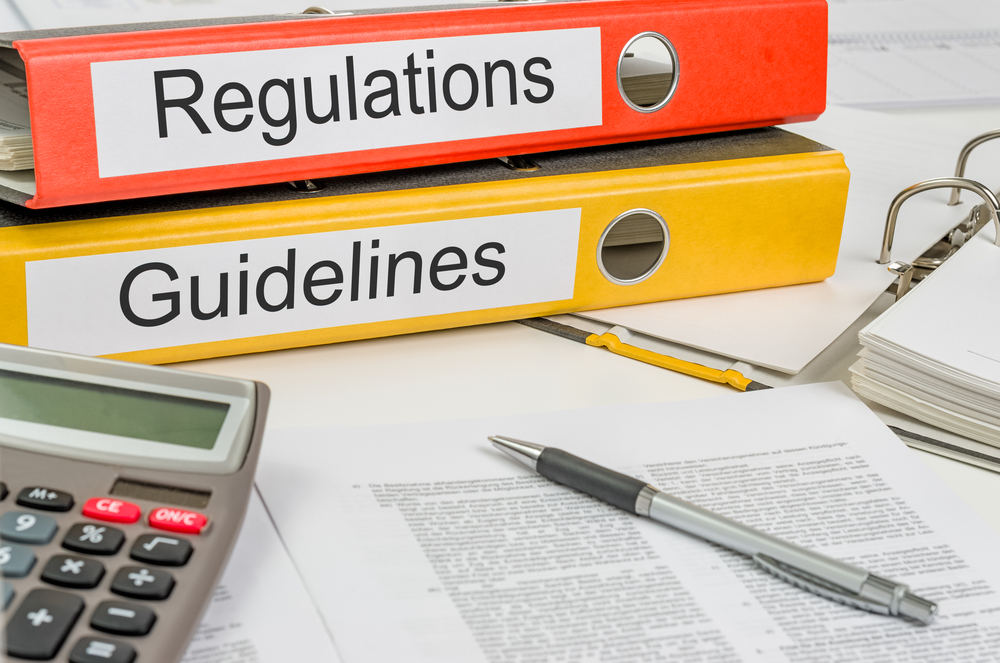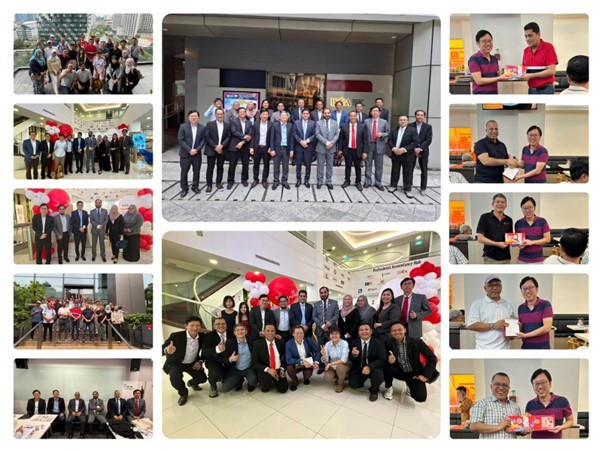The absence of an IFRS Accounting Standard for carbon-related instruments has created a patchwork of accounting practices, according to new research by ACCA and the Adam Smith Business School at the University of Glasgow. Their study, Reality of accounting for carbon-related instruments, reviewed annual reports from 300 companies in high-emitting industries worldwide and uncovered widespread inconsistencies in how such instruments are reported.
The lack of uniform guidance has forced companies to rely on their own policies and judgement. While this flexibility can be useful, Professor Ioannis Tsalavoutas of the University of Glasgow cautioned that the use of different methods and terminology weakens both transparency and comparability across reports.
To address these challenges, ACCA has released two companion articles. These resources provide finance teams and business leaders with practical tools: a workflow based on existing IFRS standards, insights into why companies engage with carbon-related instruments, and an overview of the impacts on employees, customers, investors, and others navigating ESG commitments, taxation, and reputational pressures.
Reflecting on the findings, Aaron Saw, ACCA’s head of corporate reporting insights – financial, stressed that reliable and consistent information would benefit a broad spectrum of stakeholders. He positioned the research as an initial step toward more purposeful and transparent reporting in this emerging field.
Full info obtained here




